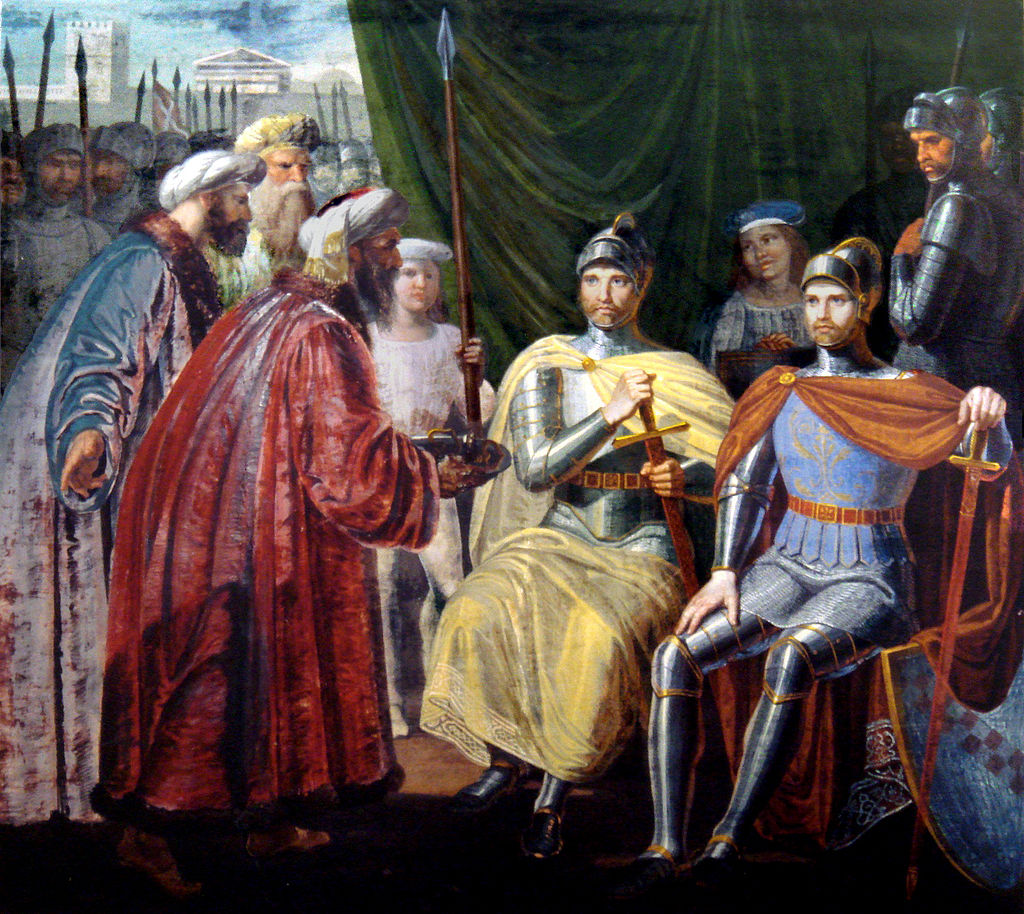In medieval Sicily, a specific variant of Arabic emerged after the Aghlabid and Fatimid dynasties. This language, now extinct, left a living legacy.
The emergence of Sicilian Arabic is a direct consequence of the Islamic conquest of Sicily. This period began in 827 AD, initiated by Euphemius, a Byzantine naval commander in Sicily, who sought aid from Muslim forces to regain his command after being deposed in a rebellion. This appeal set the stage for a protracted conflict, ultimately leading to the complete domination of Sicily by Muslim forces by 902 AD. Notably, the resistance persisted in some Byzantine strongholds, with Rometta succumbing as late as 965 AD.
A new era
Under the new Muslim governance, Sicily underwent a profound transformation. This era facilitated the intermingling of Islamic Arab and Berber settlers with the island’s Latin-Romance, Greek-Byzantine, and Jewish populations. Palermo, in particular, flourished as a significant cultural and political nexus within the Islamic world. The establishment of the Emirate of Sicily during this epoch (831 to 1091 AD) marked a significant phase in the island’s history, enduring until the Norman conquest in the late 11th century.
The emergence of Sicilian Arabic to the island was a byproduct of these migrations and conquests, rooted in the Maghrebi Arabic variant brought by Arab troops and settlers from Tunisia. From this dialect, the Siculo-Arabic language emerged. But this linguistic evolution extended beyond Sicily, influencing the language and cultural landscape of nearby Malta , where Sicilian Arabic eventually gave rise to the Maltese language. The Maltese language, with its deep connections to the Maghrebi Arabic variant spoken in Sicily during the Norman period, is a unique blend, integrating elements of Sicilian Romance and Arabic into a distinct parler. This linguistic transformation was later also significantly influenced by the conquests of Roger II and subsequent shifts towards a more European societal structure in both Sicily and Malta from 1091 to 1127, accentuating the Latin element of the Maltese language.
Between East and West
Maltese, today, is officially classified within the South Arabic branch of the Central Semitic languages, traces its lineage through Sicilian Arabic back to Tunisian Arabic, part of the broader Maghrebi Arabic family. Despite its Semitic roots, a substantial portion of the Maltese vocabulary is derived from Romance languages, predominantly due to the influence of Sicilian Latin and Tuscan. But the language, today, is a surviving descendant of the now-extinct Arabic of Sicily. Moreover, a study entitled “Mutual intelligibility of spoken Maltese, Libyan Arabic, and Tunisian Arabic functionally tested” by Čéplö et al. examines the proximity of Maltese to East Maghrebi Arabic and found an noteworthy degree of intelligibility between Maltese and Tunisian and Libyan Arabic dialects today.
source/content: kawa-news.com (headline edited)
_________

Roger Receiving The Keys Of Palermo
______________________
ARABIC LANGUAGE
